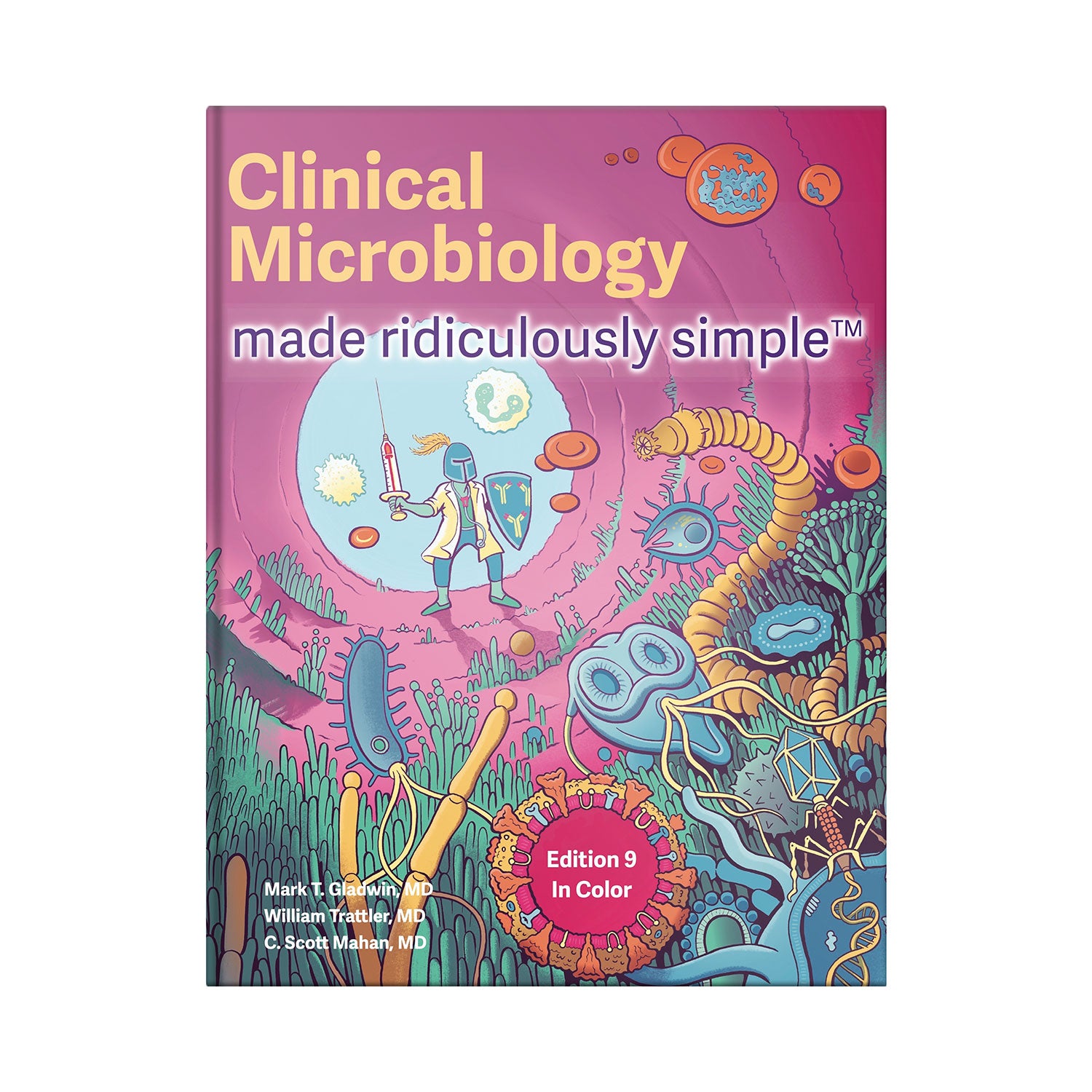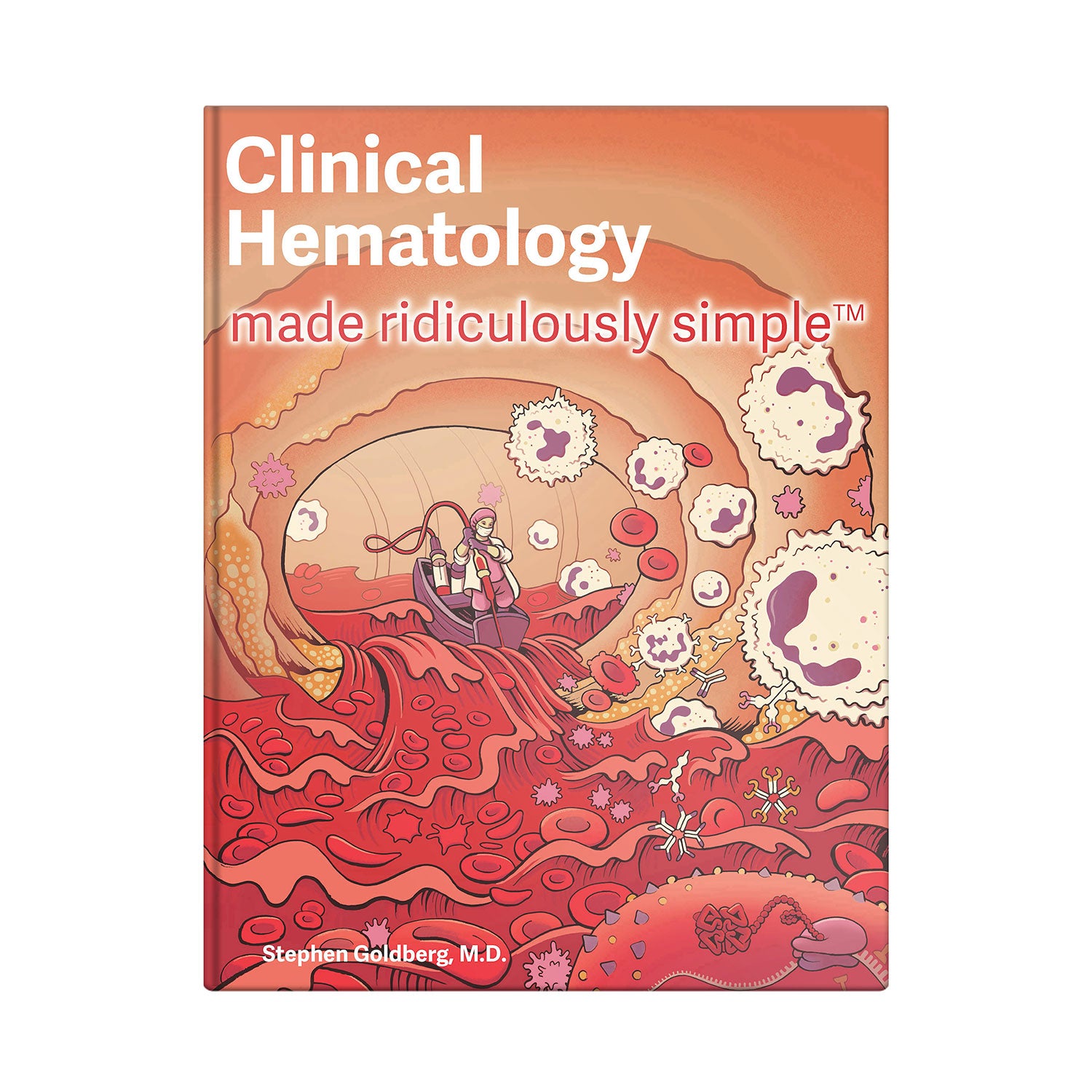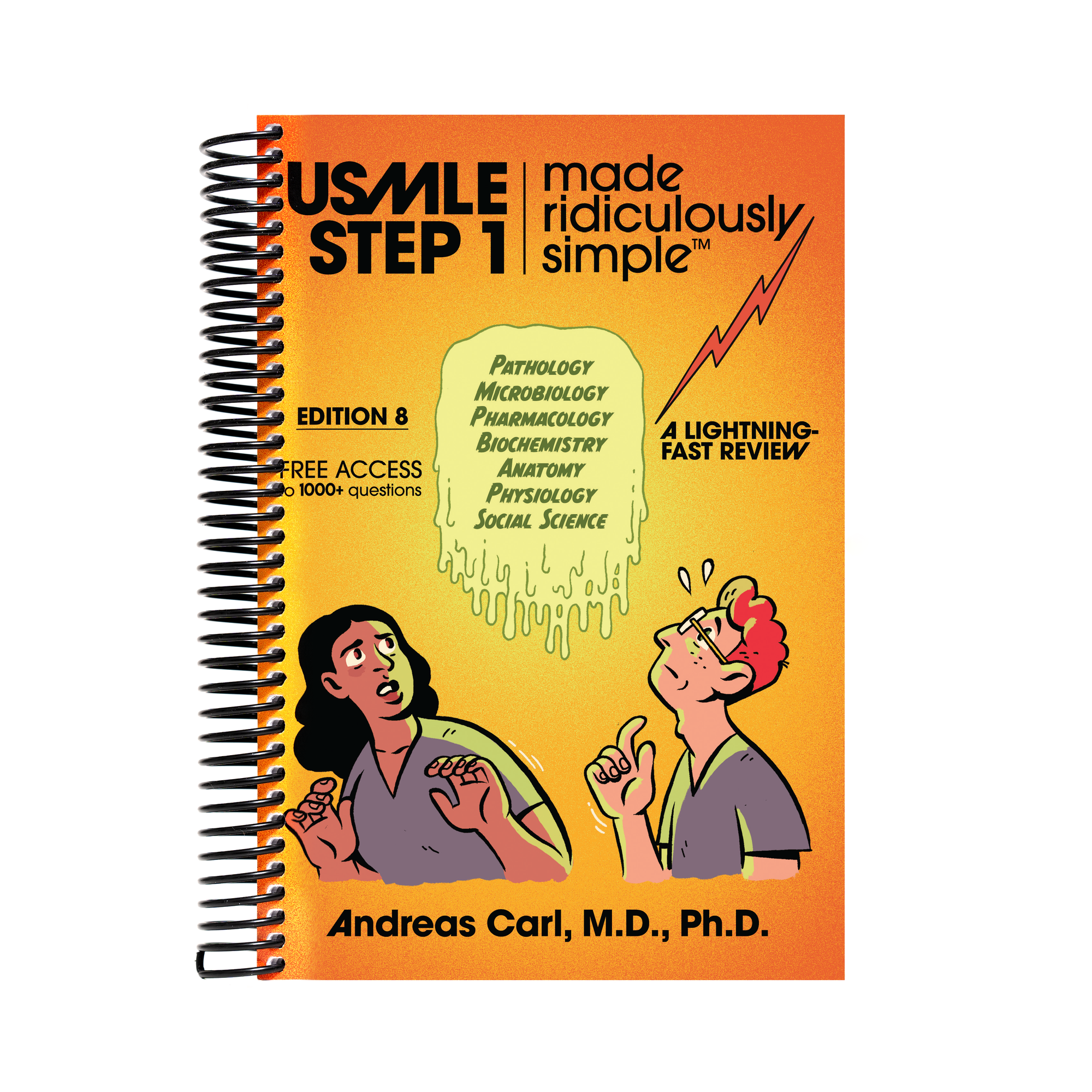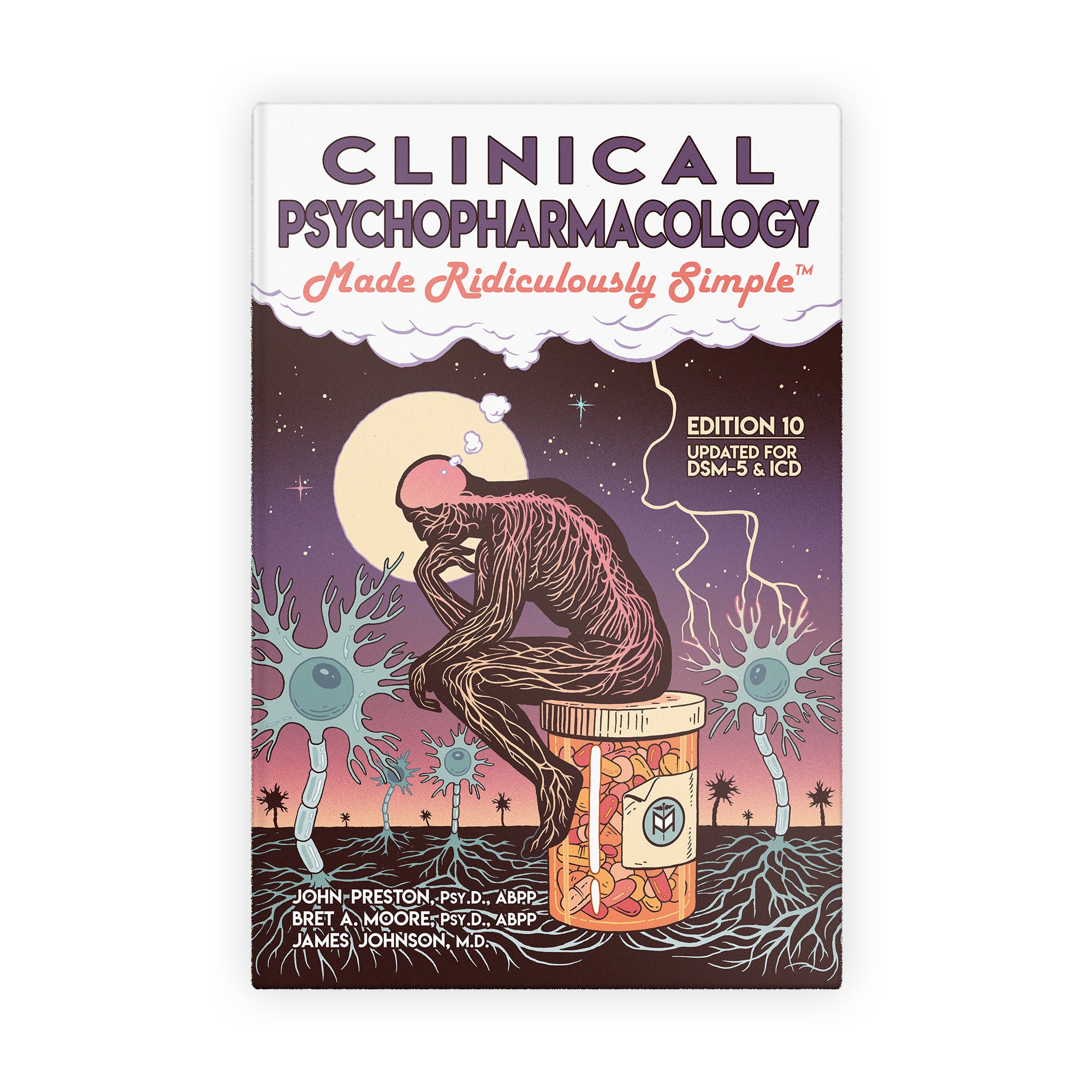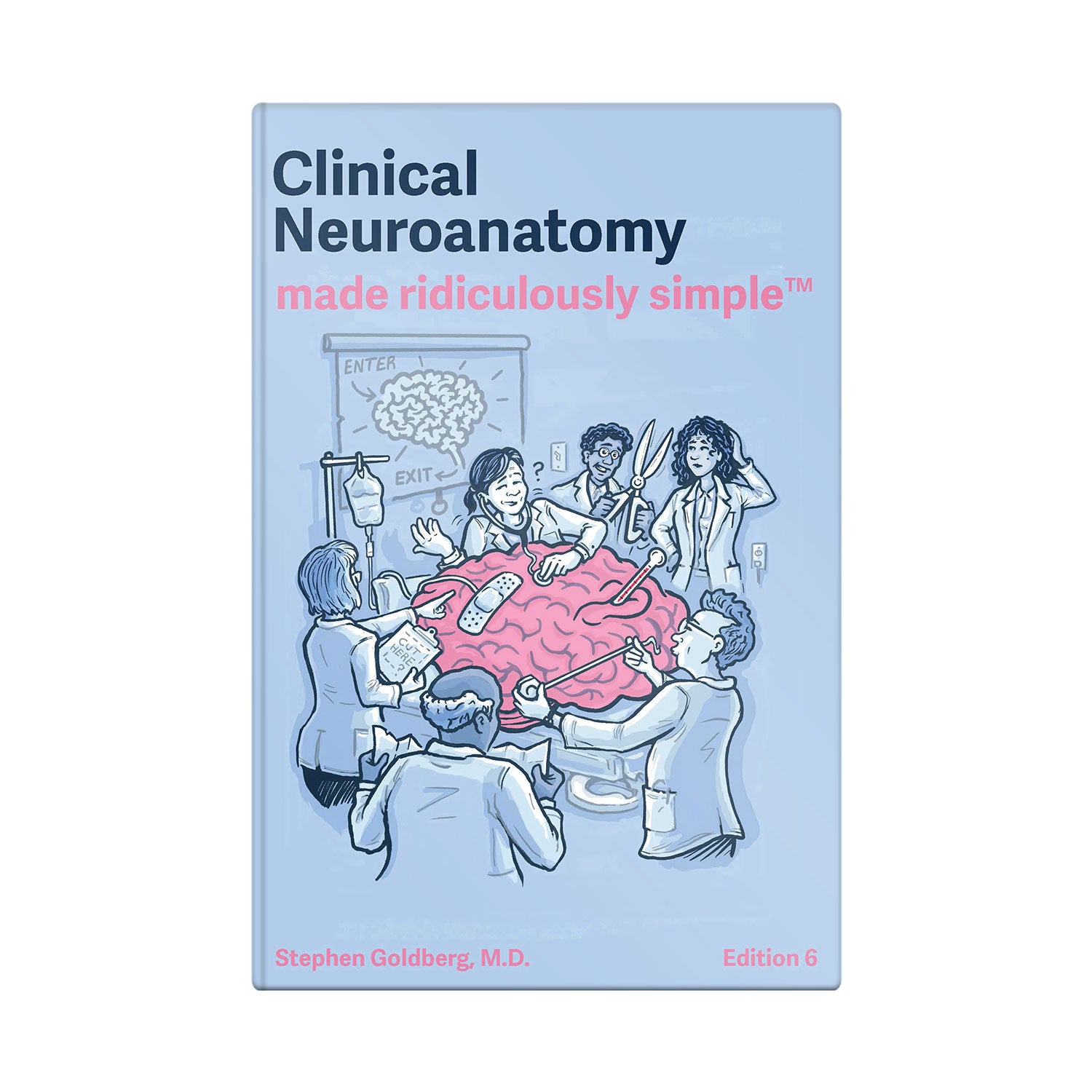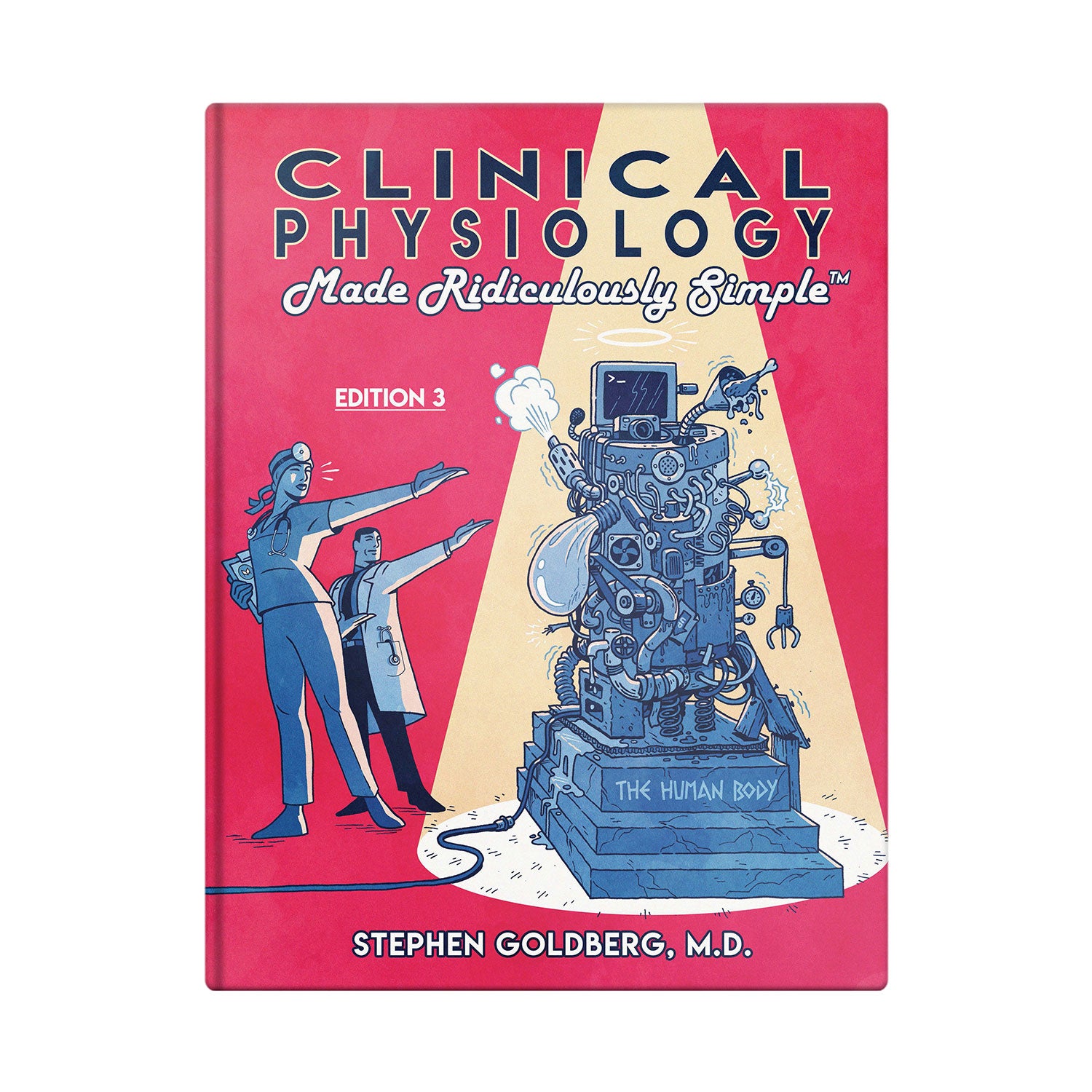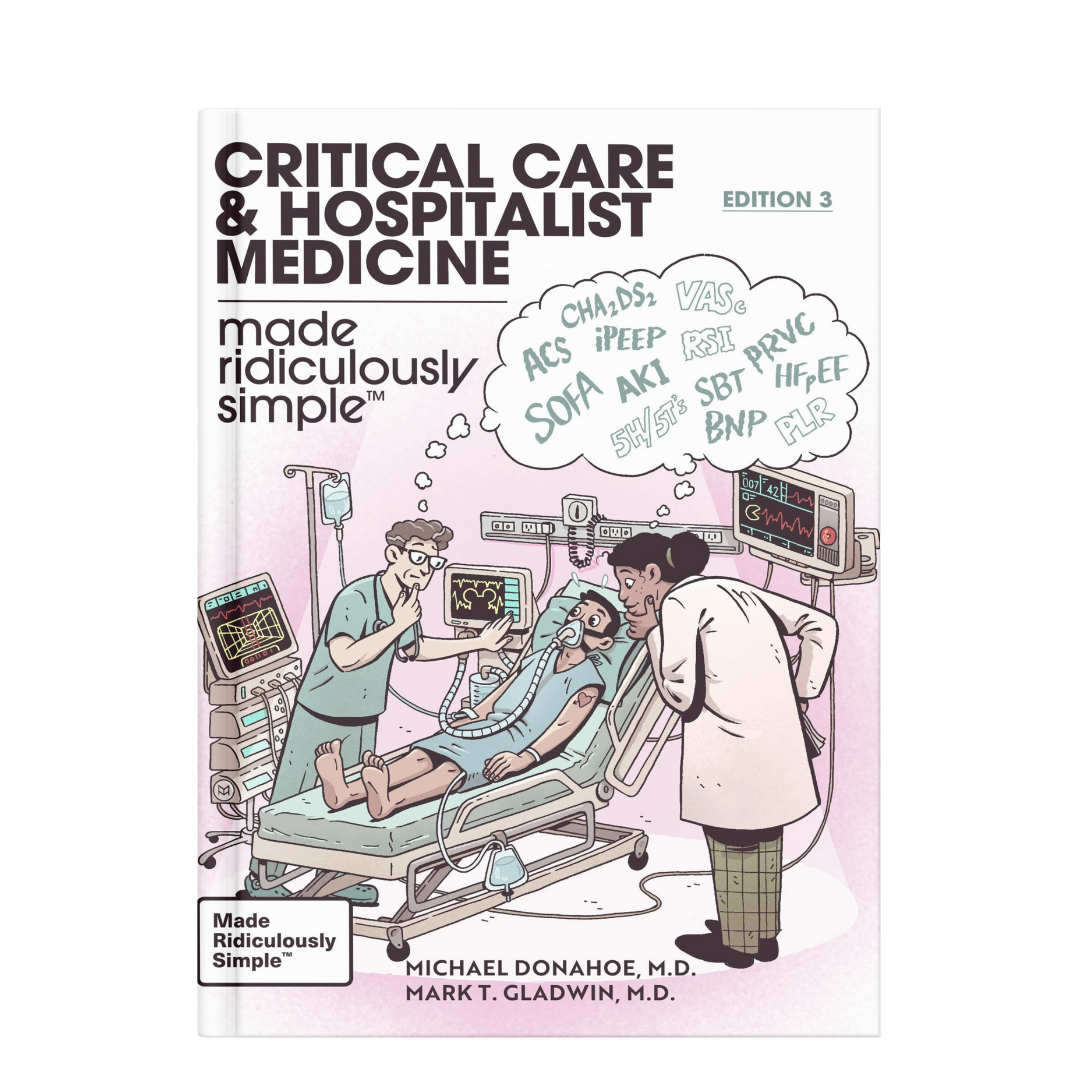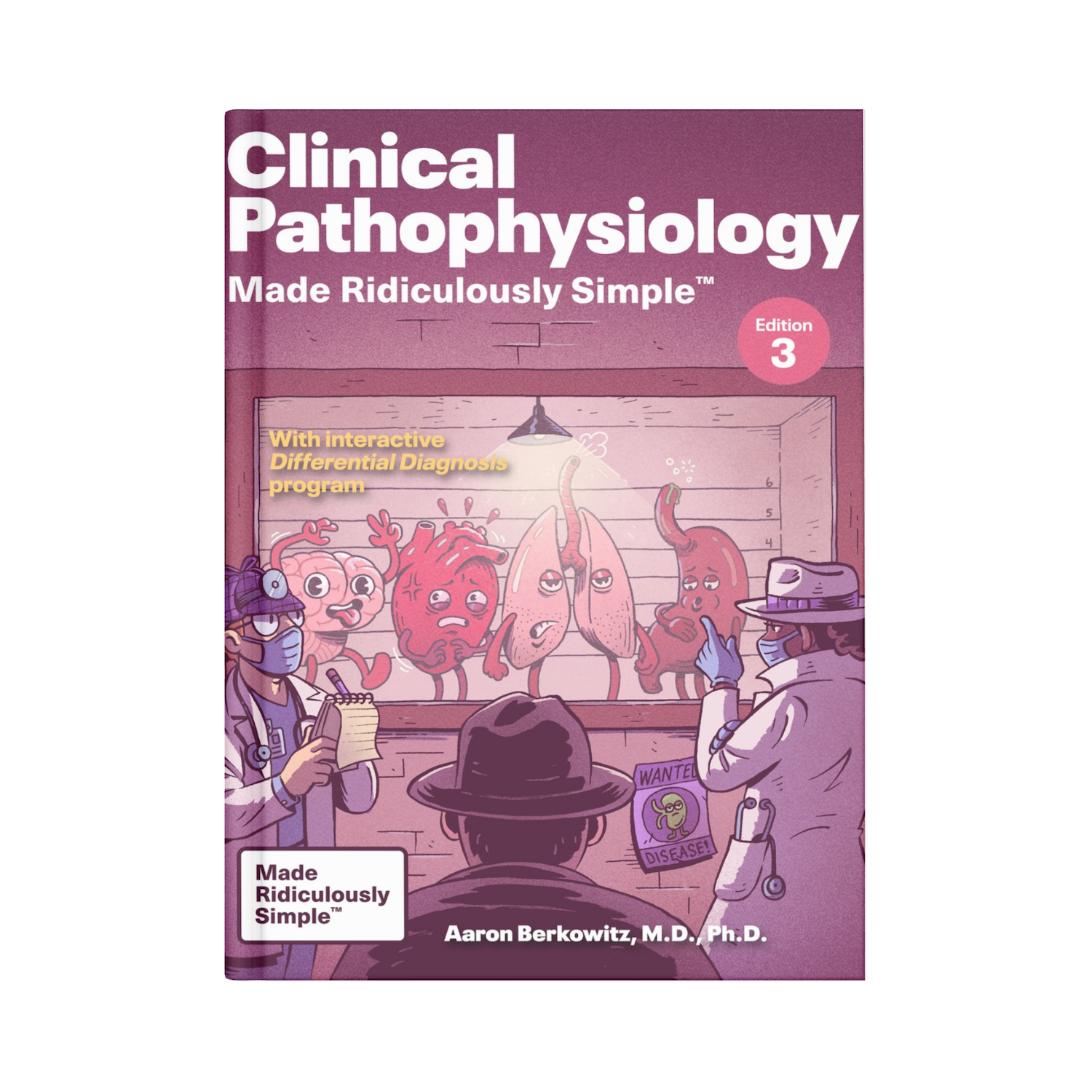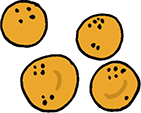
What Constitutes Quackery?
A patient may say, “What difference does it make if it’s a placebo or not? I feel better and that’s all the matters.”
While sometimes quackery is the product of deliberate deception on the part of the practitioner, at other times the practitioner is sincere but ignorant of the facts.
Dr. Gilbert's Five-Second Weight Loss Plan
Robert Park described seven signs of quackery:
- The claim about effectiveness of the alternative treatment is proclaimed to the media [rather than published in a reputable peer-reviewed journal].
- The claim states that a powerful establishment [such as Big Pharma, or physicians who want patients to stay sick for monetary reasons] is trying to suppress the treatment.
- The therapeutic effect is barely detectable scientifically.
- Evidence for the effect is anecdotal, rather than based on properly designed experiments. [Improvement in one patient may not occur in another, or may be based on a spontaneous cure, the placebo effect, a mistaken diagnosis, or inaccurate reporting.]
- The practitioner points to the treatment having been in use for centuries [which does not constitute evidence; bloodletting was used for thousands of years and killed many people, including George Washington].
- The treatment was discovered in isolation by a lone genius who was laughed at by the establishment, as were so many great discoverers. [Science advocate Carl Sagan once commented, “They laughed at Columbus, they laughed at Fulton, they laughed at the Wright brothers. But they also laughed at Bozo the Clown.”]
- The discoverer of the supposed treatment proposes new laws of nature to explain the claim.
I’d also add a few more:
- The claim is made that the alternative treatment is the cutting edge of medicine and has just not been taught in medical school [when the reason it has not been taught is that there is insufficient evidence to teach it. I saw this personally when my grandson, who had a recurring inner ear infection, went with his mother to an alternative practitioner who spent a lot of time asking irrelevant questions and then, without examining him, prescribed an elixir of potassium, stating that conventional medicine had not caught up with this wonderful treatment. Regarding potassium, I once had a patient with renal failure who insisted on treating himself with potassium [a no-no in renal failure], because, as he stated, “potassium is the great healer.” He unfortunately died soon after].
- The practitioner points to the toxic effects of conventional medicine, whereas their own treatment incurs no side effects. [Treating with nothing incurs no side effects either; maybe, then, it would be safer to not treat at all! Eating food can have side effects, too, but we don’t recommend not eating. Despite the potential side effects of many conventional medicines, you have to evaluate the risk of treating versus the risk of not treating. Also, many nonconventional "natural" medicines can have toxic effects, and may interact unfavorably with conventional medicines.]
- The claim is made that the alternative treatment addresses the cause of the patient’s problem, whereas conventional medicine only treats symptoms. [This claim is untrue, since conventional medicine always looks first for the cause, e.g. infection, allergy, heredity, diet, trauma, emotional, etc., and treats symptomatically only when the cause is not apparent. Alternative practitioners, though, generally do not treat causes (unless you consider imbalances in a mystical vital energy life force as a cause) and frequently treat with only a placebo.]
A patient may say, “What difference does it make if it’s a placebo or not? I feel better and that’s all the matters.” It matters when reliance exclusively on placebo overlooks a more effective treatment. It also matters if the alternative treatment carries its own set of toxicities or a significant and unnecessary expense to the patient.
Quackery can exist in both conventional and alternative medicine. A previous blog post suggested reliable sources of information for evaluating alternative approaches to medicine. Another source is the Medmaster Search Engine page and the (free) downloadable Medsearcher app. It is very important for a practitioner to be able to evaluate the validity of research reports. It is for that reason that biostatistician Ann Weaver and I wrote Clinical Biostatistics Made Ridiculously Simple.
The Goldberg Files
The Goldberg Files is based on the struggles of Dr. Goldberg as well as those of his many students which he observed while teaching medical school for 25 years. This extensive blog is dedicated to assisting students in dealing with the stresses of medical education. Want to learn more?


